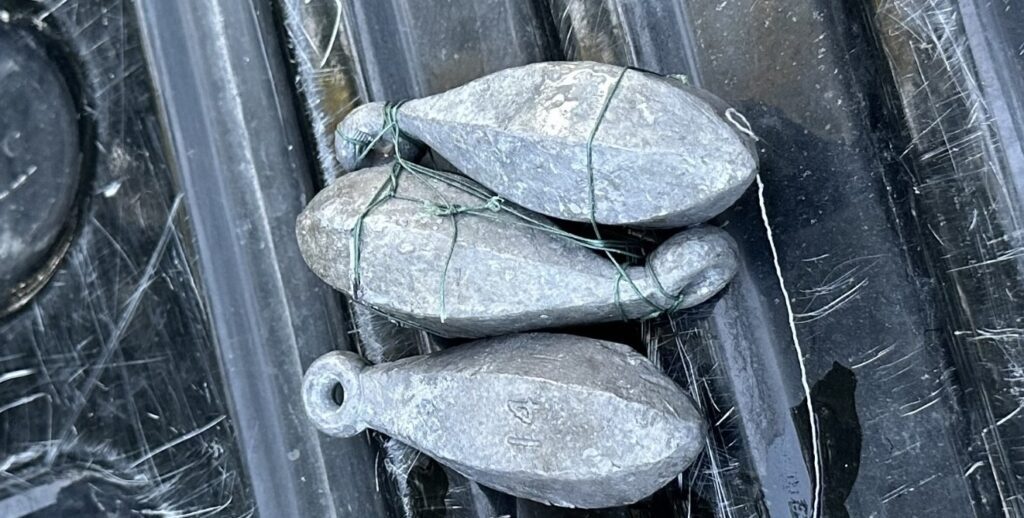The Bass Fishing Scandal: Aaron Moreau’s Catch of Lies
Photos Courtesy of Louisianians Game & Fish
Recently, the world of bass fishing was rocked by a scandal that highlighted the lengths some people will go to in order to win. On May 17, during the Big Bass Splash tournament at Toledo Bend, Aaron Moreau, a 38-year-old fisherman from Pollock, Louisiana, attempted to cheat by adding 2.59 pounds of lead weights to his fish. This shocking incident has prompted many to question why people cheat and what can be done to prevent this deception in future tournaments.
The Incident: Cheating with Lead Weights
The tournament directors first noticed something suspicious when Moreau turned in his catch for weigh-in. Upon closer examination, it was found that his fish contained lead weights, significantly increasing its weight. A quick call to the Louisiana Department of Wildlife and Fisheries (LDWF) confirmed the use of the weights. When officials arrived, Moreau fled the scene, but he couldn’t evade justice for long. On May 23, he turned himself in and was booked into the Sabine Parish Detention Center. If convicted of fishing contest fraud, Moreau could face up to a $3,000 fine and one year in jail.
The Motivations Behind Cheating
Why do people cheat in the first place? In competitive sports, prizes, money, and fame can drive people to unethical behavior. In fishing tournaments, the rewards can include substantial cash prizes and sponsorships, making the stakes high. Some may feel immense pressure to win and believe that cheating is the only way to achieve success. Unfortunately, this drive can lead to unethical decisions like Moreau’s.
The Future of Tournament Integrity
So, how can tournament directors prevent cheating in the future? Here are some ideas to protect the integrity of these competitions:
- Rigorous Inspections: Before the weigh-in, fish should be thoroughly inspected for any signs of tampering. This could include the use of metal detectors to find hidden weights.
- Transparency and Technology: Utilizing cameras and other recording devices during the tournament can help ensure fair play. Equipping boats with GPS can also provide real-time monitoring of anglers’ activities.
- Stricter Consequences: Increasing the penalties for cheating can serve as a deterrent. If the potential punishment outweighs the benefits of cheating, individuals may think twice before attempting to deceive.
- Education and Awareness: Educating participants about the rules and the importance of fair play can foster a culture of honesty. Competitors who understand the value of integrity are less likely to try cheating.
Conclusion
The case of Aaron Moreau and his weighted fish serves as a reminder of the dark side of competitive sports. While the temptation to cheat may always exist, tournament officials must stay vigilant and employ strategies to minimize these occurrences. By promoting fairness and integrity, we can ensure that the spirit of competition remains untainted for future generations of anglers. The desire to win should never overshadow the importance of playing fair. Let’s work together to keep the sport of bass fishing honest and enjoyable for everyone.


